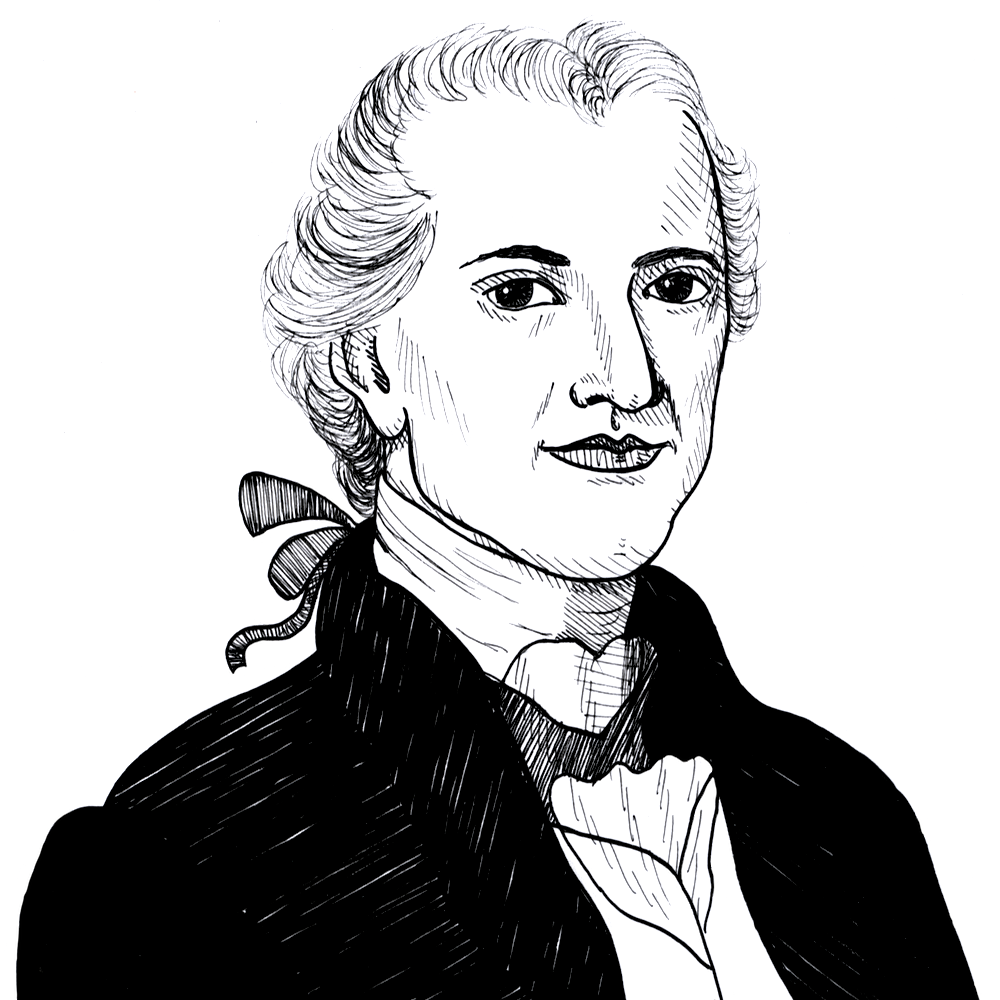
Kant believed that citizens must give their free consent via their representatives to every separate declaration of war (1790)
Found in: The Philosophy of Law
The German philosopher Immanuel Kant (1724-1804) argued that because the lives and property of a nation’s citizens were used in fighting a war they had the right to give their free consent via their political representatives to every separate declaration of war:
War & Peace
… (T)he question arises as to what Right the State has in relation to its own Subjects, to use them in order to make war against other States, to employ their property and even their lives for this purpose, or at least to expose them to hazard and danger; and all this in such a way that it does not depend upon their own personal judgment whether they will march into the field of war or not, but the Supreme Command of the Sovereign claims to settle and dispose of them thus…
… as it can be said of vegetable growths, such as potatoes, as well as of domesticated animals, that because the abundance in which they are found is a product of human labour, they may be used, destroyed, and consumed by man; so it seems that it may be said of the Sovereign as the Supreme Power in the State, that he has the Right to lead his Subjects, as being for the most part productions of his own, to war, as if it were to the chase, and even to march them to the field of battle, as if it were on a pleasure excursion.
This principle of Right may be supposed to float dimly before the mind of the Monarch, and it certainly holds true at least of the lower animals which may become the property of man. But such a principle will not at all apply to men, especially when viewed as citizens who must be regarded as members of the State, with a share in the legislation, and not merely as means for others but as Ends in themselves. As such they must give their free consent, through their representatives, not only to the carrying on of war generally, but to every separate declaration of war; and it is only under this limiting condition that the State has a Right to demand their services in undertakings so full of danger.